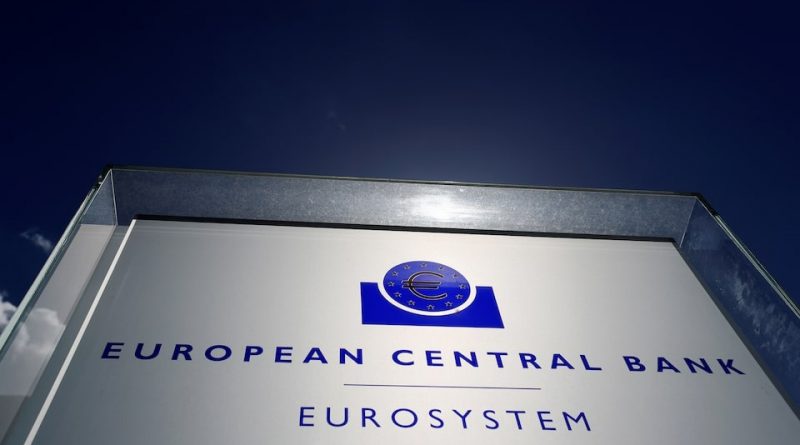ECB partners with Portuguese AI startup to safeguard future digital euro
Feedzai wins €237 million contract to secure payments as Europe prepares for 2029 launch of its sovereign digital currency
The European Central Bank (ECB) has taken an important step in shaping the future of European finance by choosing Portuguese artificial intelligence startup Feedzai to help prevent fraud in its planned digital euro. The partnership, valued at up to €237.3 million ($278.7 million), reflects the ECB’s determination to ensure security and trust remain central to Europe’s journey toward a sovereign digital currency.
For the ECB, the digital euro is more than just a technological innovation. It represents a strategic project aimed at ensuring Europe’s financial independence in a global economy where payments are often dominated by U.S. companies such as Visa and Mastercard. The move also responds to growing interest in alternative payment models, including stablecoins pegged to the U.S. dollar.
By building a European system that is safe, reliable, and backed by its central bank, the ECB is signaling its intent to protect both consumers and the wider economy from external vulnerabilities.
Feedzai, based in Coimbra, Portugal, has earned global recognition as a leader in AI-driven fraud detection, processing nearly $8 trillion in payments every year for clients including Novobanco in Portugal and Wio Bank in Abu Dhabi. In the ECB’s project, Feedzai will work with PwC to develop an AI model capable of scoring digital euro transactions for potential fraud risks.
The model will track patterns, behavior, and transaction histories to identify unusual or suspicious activities, allowing payment service providers to decide whether a digital euro transaction should proceed. This ensures that security checks are proactive, protecting customers without disrupting the smoothness of everyday payments.
The ECB has structured the contract as a four-year agreement, with a maximum cap of €237.3 million and an estimated value of €79.1 million. Importantly, officials have emphasized that the framework agreement is designed with safeguards in place: no payments will be made until the project is fully underway. This reflects the ECB’s cautious yet ambitious approach, balancing fiscal responsibility with long-term vision.
Feedzai’s success is part of a broader effort by the ECB to build a strong ecosystem around the digital euro. Alongside Feedzai, other European and international firms have been awarded contracts worth between €27.6 million and €220.7 million, including French IT consulting giant Capgemini. Together, these collaborations are intended to strengthen Europe’s technological infrastructure and ensure that the digital euro will be competitive on a global scale.
The ECB has positioned the digital euro as a response to shifting financial realities. With U.S. companies dominating much of the payments landscape and new technologies rapidly reshaping money, European policymakers want to ensure that the eurozone is not left behind.
A digital euro, accessible across the bloc, would offer citizens and businesses a safe alternative that is guaranteed by the central bank. Officials have stressed that security, transparency, and accessibility will define the project, with artificial intelligence playing a key role in building trust from day one.
The journey toward a digital euro is far from complete. The ECB is still awaiting legislative approval, which it expects to seek by the middle of next year. If lawmakers give the green light, the plan is to launch the digital currency in 2029. That timeline gives the central bank several years to fine-tune its systems, strengthen fraud prevention tools, and prepare European financial institutions for the transition.
For Europe, this project carries symbolic as well as practical significance. It shows a continent taking control of its financial future, building tools to reduce reliance on external actors, and using cutting-edge technologies to protect its citizens. The ECB’s choice of a Portuguese startup, one already recognized internationally, also highlights the strength and innovation within Europe’s own fintech sector.
As the global financial system continues to evolve, the ECB’s digital euro initiative offers a glimpse of what the future may look like: a secure, AI-protected digital currency designed to empower Europeans, uphold autonomy, and enhance resilience in an increasingly digitalized world.



